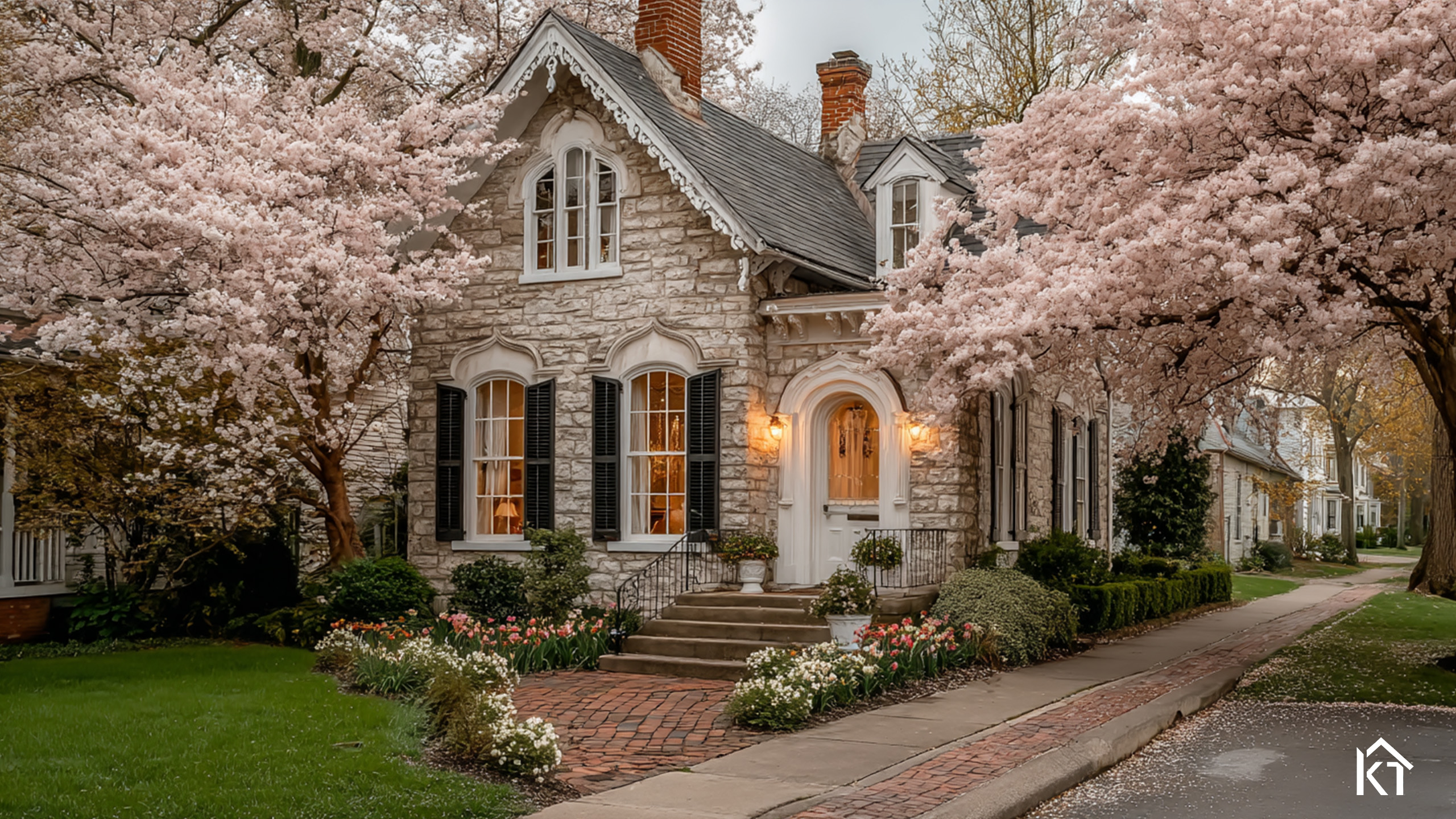Lower Utility Bills Start with My 6 Point Checklist
Energy Efficiency & Utility Costs: What Every Home Buyer Should Know
When buying a home, it’s easy to focus on the big-ticket items—price, location, layout—but one often overlooked factor can significantly affect your long-term budget: energy efficiency and utility costs. A home that appears affordable upfront might surprise you with high monthly utility bills, while a more energy-efficient home could save you thousands over the years. Here’s what you need to know to make a smart, energy-conscious home purchase.
1. Average Utility Bills: Understanding Monthly Costs
Utility costs typically include electricity, natural gas (or propane), water, and sometimes sewer and garbage. These costs can vary widely depending on the region, season, home size, and energy usage habits. On average, U.S. homeowners spend about $200–$400 per month on utilities, but inefficient homes—especially older ones—can fall on the higher end or exceed that.
Before buying, ask the seller for 12 months of utility bills. This will give you a realistic picture of what you can expect to pay and whether those costs align with your budget. Don’t forget to consider factors like the number of occupants, thermostat settings, and appliances, all of which can impact the final numbers.
2. Insulation: The First Line of Defense
Insulation plays a crucial role in maintaining indoor temperature and reducing the need for heating or cooling. A well-insulated home keeps warm air in during winter and hot air out during summer, reducing the workload on HVAC systems and lowering your energy bills.
Kentucky Tom Pro Tip: HVAC is a common term used within the heating and cooling industry. It means: Heating, Ventilation, and Air Conditioning.
Ask about the type, age, and R-value (insulation’s resistance to heat flow) of the insulation in the attic, walls, and crawl spaces. Many older homes lack proper insulation or have outdated materials that don’t meet modern energy standards. A home inspection or energy audit can help uncover potential problem areas.
3. Window Quality: More Than Just a View
Windows are another significant factor in a home’s energy performance. Poor-quality or single-pane windows can lead to drafts, heat loss in winter, and overheating in summer, all of which contribute to higher utility bills.
Look for double- or triple-pane windows, ideally with low-E (low emissivity) coatings, which reflect heat while allowing light to pass through. Energy Star-certified windows can reduce energy bills by 7–15% compared to non-certified models. Also check the condition of window seals—cracked or failing seals reduce window performance dramatically.
4. Heating, Cooling & Appliances: Efficiency Matters
Heating and cooling account for nearly half of a typical home’s energy use. That’s why the efficiency of the HVAC system and other major appliances is vital. Modern, high-efficiency furnaces, air conditioners, water heaters, and even refrigerators and washers can save hundreds of dollars per year.
Look for systems and appliances with the Energy Star label, which indicates they meet or exceed federal efficiency standards. Ask about the age of the furnace, AC unit, and water heater—older units are not only less efficient but may soon need replacement, adding to your costs.
Additionally, smart thermostats, ceiling fans, and programmable controls can help regulate usage and provide more energy savings.
5. Ask About the Home’s Energy Rating
Some homes come with an official Home Energy Rating System (HERS) score, which evaluates the overall energy efficiency of the home. A lower score means better efficiency. Homes with a HERS rating often include upgrades such as sealed ductwork, high-performance insulation, and advanced framing techniques.
If a HERS score isn’t available, consider investing in a professional energy audit before buying. It can reveal hidden energy drains and suggest upgrades that could significantly cut costs.
Final Thoughts


For Your Consideration
Energy efficiency might not be the most glamorous part of home shopping, but it directly impacts your comfort, environmental footprint, and wallet. Paying attention to utility bills, insulation, windows, and appliances can help you make an informed choice—and give you peace of mind knowing that your home is working with you, not against you.
For More Home Buying and Selling insights, join my Free newsletter by clicking HERE.


You must be logged in to post a comment.